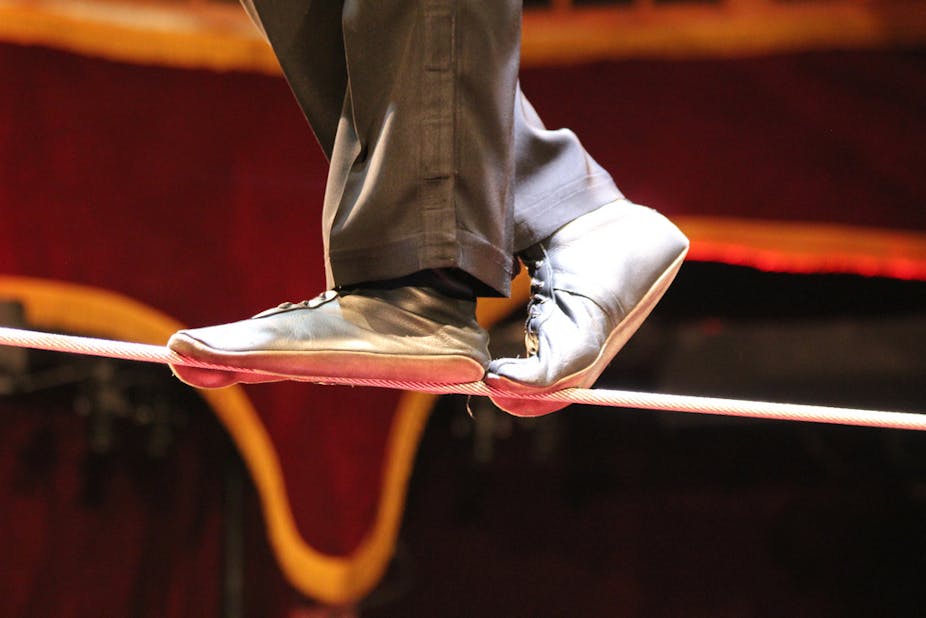The Australian Crime Commission (ACC) findings about the actions of “specific coaches, sports scientists and high-performance staff” in condoning or orchestrating the administration of prohibited substances are a big blow to the relatively young field of sports science. They follow the bruising sports science received from the revelations of unethical practices by members of the sports science staff at the Essendon Football Club in 2012 earlier in the week.
Suggesting that all sports scientists or doctors are dangerous to players, clubs and sports, on the basis of the inappropriate actions of a few is obviously unfair. Doctors, other medical support staff and scientists have until recently (and even today in many Australian elite sports) worked for little or no pay. They have been committed to improving or protecting the health and performance of athletes in ways that have often brought them into conflict with the clubs and organisations they serve.
The difficult thing for sports scientists and doctors to negotiate are the types of crises that occur when the goals of the organisation they’re embedded in come into conflict with expectations of the professions they’re part of. Sporting medical and scientific support staff members are often torn in two directions. As health or human service professionals, the focus of all staff should be toward the care of the athletes. But club employees are also heavily invested in the success of the team.
Medical doctors have legal duties and responsibilities to assist their decision making. But for sports scientists, accreditation with their peak body, Exercise and Sports Science Australia (ESSA), is voluntary and not a requirement for paid work with elite sporting clubs.
The problem is also one of naming. Many people involved in sport are able to call themselves sports scientists without having undergone rigorous training that occurs in formal, accredited education. In light of the ACC report, one of the suggested reforms from AFL CEO Andrew Demetriou is that scrutiny of the background and possible accreditation of all support staff that have contact with players, including sports scientists, may be imminent.
But accreditation will not be enough because there will always be people who ignore their ethical and legal responsibilities.
So it’s equally important to work out what can be done to protect players from unscrupulous doctors and scientists. While much of what’s suggested in the ACC report and the responses of various sporting bodies will help set up a regulatory framework to protect players, a return to the principle of informed consent will be useful in helping players protect themselves.
Simply put, this means that it would become the responsibility of the scientist or doctor that athletes have any intervention (including, but not limited to, supplement use) explained to them in a clearly understood way that outlines the risks, benefits and alternatives to the suggested intervention.
Athletes should expect this as the minimal requirement before any intervention, and not as a legal instrument used by the club or individual support staff to avoid liability. This involves an ethical commitment to the underpinnings of informed consent and increasing the opportunity and capacity for athletes to make independent informed decisions in the future. Equally important is the idea that a person can withdraw their consent at any time without fear of damage to themselves.
In many cases discussed by the ACC, as well as in both the Essendon and Lance Armstrong cases, problems with the idea of informed consent appear twofold - the athletes didn’t fully understand what was being suggested and they were not in a situation where they were entirely comfortable with withdrawing their consent.
The good news is that ESSA accreditation requires exercise and sports scientists to be fully informed of the nature and obligations of informed consent. The bad news is that such accreditation is not yet required of support staff at elite sporting clubs.
The worse news is that many sporting clubs and coaches may not see performance benefits in fully informing their athletes of the risks, benefits and alternatives of any practice in a language that’s easily understood by all players. They may need to be dragged kicking and screaming into the world of normal health practice.

